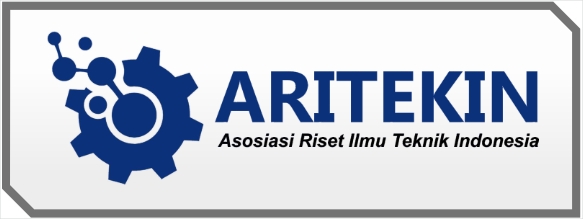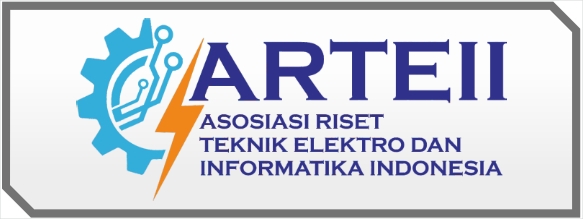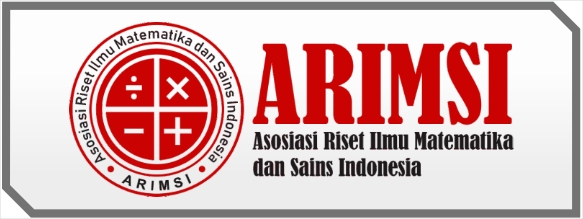Pengaruh Metode Pembelajaran Project Based Learning Terhadap Perkembangan Fisik Motorik Dan Komunikasi Anak Usia Dini
DOI:
https://doi.org/10.59581/jmk-widyakarya.v2i4.3541Keywords:
project based learning model, physical motor ability, communicationAbstract
The aim of this research is because researchers want to provide children with an understanding of concrete behavior according to what is done, not just in theory, but actually done so that our students can get meaningful learning.How students are able to explore their physical maturity through physical motor activities coordinating their body parts. By carrying out activities that are able to explore all their physical activities, both fine motor skills and gross motor skills, by carrying out activities concretely (lifelong learning).The author's aim for this research activity is to be able to see the results of differentiated learning for students at their institution. Researchers can see what changes occur after the researcher carries out the real action. Then they can take action for what follow-up action will be taken after the activity.Researchers also apply inquiry learning to activate the learning provided to students at their institution, by asking questions that can stimulate the development of their ability to think or solve existing problems, and they can think creatively in collaboration with their friends in carrying out an activity.Examining the theory of physical motor development and how to overcome problems with physical motor development. examines the physical motor development program for early childhood which includes gross and fine motor skills, as well as health and safety behavior so that children have physical and mental health as well as the ability to coordinate, flexibility, balance, speed, agility and strength through various movement stimulation so that children from an early age have good motor control to accelerate neurological maturity which encourages the growth and development of children's potential which leads to optimal and better readiness to learn at the next stage by implementing base learning projects.
References
M. D. Cohen, and J.G. March, Leadership and ambiguity. New York: McGraw Hill, 1974, available at: Google Scholar.
E. M. Bensimon, A. Neumann, and R. Birnbaum, Making Sense of Administrative Leadership. The "L" Word in Higher Education. ERIC Digest. Washington, DC: ERIC Clearinghouse on Higher Education, 1989, available at: Eric.ed.gov.
A. M. Cohen, F. B. Brawer, (Eds), Managing community colleges: A handbook for effective practice. San Francisco, CA: Jossey-Bass, 1994, available at: Eric.ed.gov.
A. A. Al-Omari, Perceived leadership style of Jordanian academic deans in higher education institutions: Qualitative study. Near and Middle Eastern Journal of 6] L. G. Bolman, and T. E. Deal, Modern approaches to understanding and managing organizations. San Francisco, Jossey-Bass, 1984, available at: Google Scholar.
D. Goleman, Vital lies, simple truths: The psychology of self-deception. New York, NY: Simon and Schuster, 1985, available at: Google Books.
E. M. Bensimon, Understanding administrative work. In A.M. Cohen, F.B. Brawer & Associates' Managing community colleges: A handbook for effective practice. San Francisco, CA: Jossey-Bass, 1994, available at: Eric.ed.gov.
Anita, Yus. 2011. Penilaian Perkembangan Belajar Anak Taman Kanak-kanak. Jakarta: Kencana. Aqib, dkk. 2016.
Bell, S. (2010). Project-Based Learning for the 21st Century: Skills for the Future. The Clearing House: A Journal of Educational Strategies, Issues, and Ideas, 83(2), 39-43.
Helm, J. H., & Katz, L. (2011). Young Investigators: The Project Approach in the Early Years. Teachers College Press.
Kumpulan Metode Pembelajaran Kreativ dan Inovatif. Bandung: Satu Nusa. Agung, A. A. G . 2014.
Metodologi Penelitian Pendidikan. Malang:Aditya Media Publishing Koyan, I W. 2012. Statistika Pendidikan Teknik Analisis Data Kuantitatif. Singaraja: Universitas Pendidikan Ganesha Press.
Research in Education, 3(1), 1-8., 2010, doi: 10.5339/nmejre.2010.3.1
Suttrisno, M. P. (2023). BAB 2 Pendekatan dan Interaksi Dengan Anak Usia Dini. Pendidikan Anak Usia Dini, 13.
Suttrisno, S., & Prastiwi, D. N. I. (2023). Peningkatan Hasil Belajar Ppkn Melalui Model Pembelajaran Kooperatif Tipe Student Team Achievement Division Plus Di Madrasah Ibtidaiyah. SITTAH: Journal of Primary Education, 4(1), 1-12.
Suttrisno, S., Riyanto, Y., & Subroto, W. T. (2020). Pengaruh Model Value Clarification Technique (Vct) Berbasis Kearifan Lokal Terhadap Motivasi Belajar Dan Hasil Belajar Siswa. Naturalistic: Jurnal Kajian dan Penelitian Pendidikan dan Pembelajaran, 5(1), 718-729.
Thomas, J. W. (2000). A Review of Research on Project-Based Learning. Autodesk Foundation.
Downloads
Published
How to Cite
Issue
Section
License
Copyright (c) 2024 Jurnal Mahasiswa Kreatif

This work is licensed under a Creative Commons Attribution-ShareAlike 4.0 International License.
















